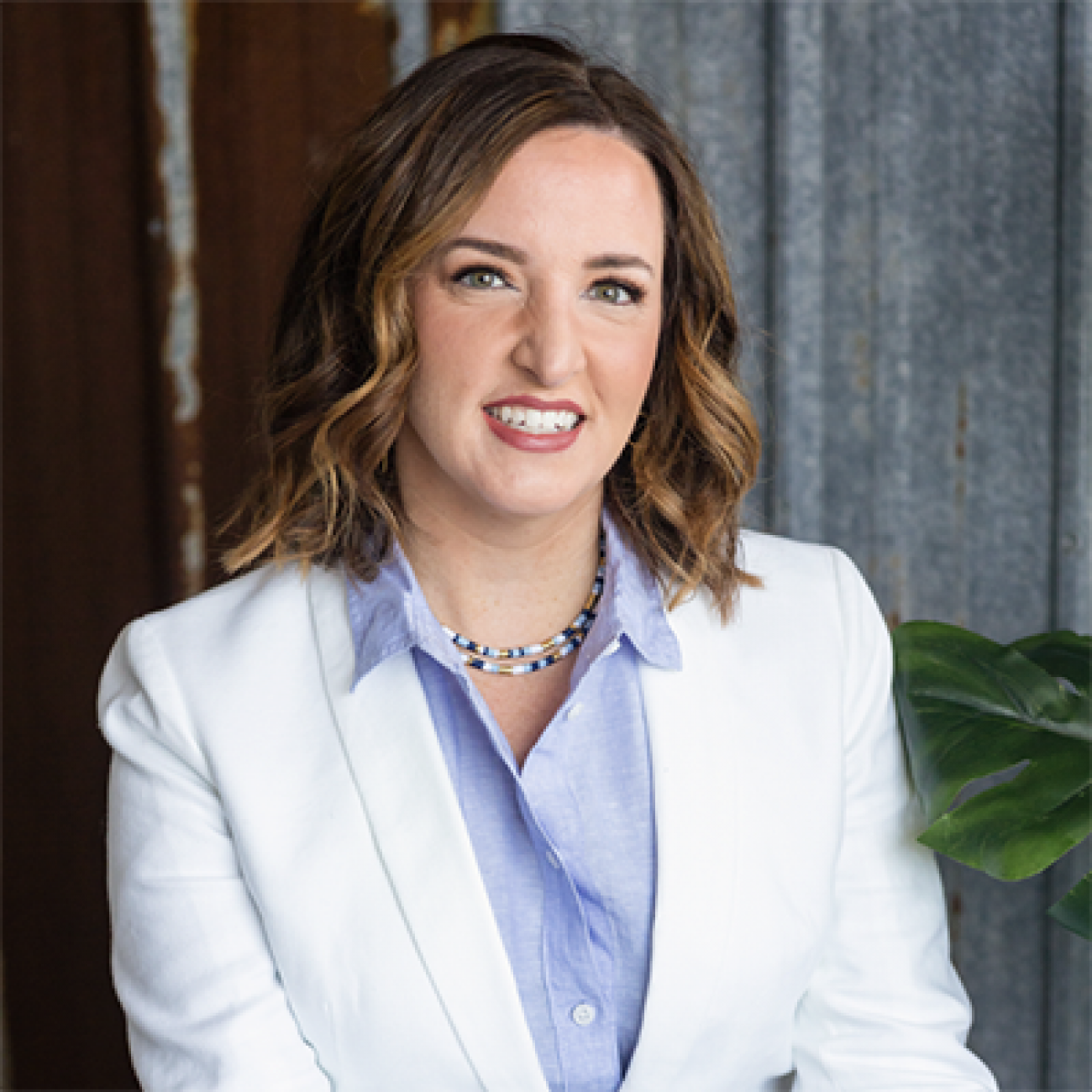Opinion | Michigan schools aren’t failing our kids, but divisive politicians are
Michigan’s public schools are under attack yet again. Though this time the effects of pro-voucher campaigns and divisive bills are hurting our students and communities before even reaching the floor in Lansing or taking away the purported billions from public schools. Our children and educators cannot afford to pay the prices these entities are already charging for what they may consider to be a simple roll of the political dice.

We must bring a stop to the division and manufactured crises being raised to generate attention for these initiatives and reverse the harmful trend of using public schools as the scapegoat for “failing” our kids. The truth is they’re being failed by these anti-public education agendas.
For claiming to be about protecting our students, bills demanding that teachers stifle their expertise by prohibiting flexibility in their plans, or a Senate resolution that encourages meeting attendees to continue freely physically and verbally attacking boards of education feel more like efforts to encourage more division – and literal fighting.
We are better than this.
Around this time last year, our award-winning destination school district of Forest Hills, in the Grand Rapids area, was thrust into sludge-thick tension with persistent attacks on everything from books to FOIA’s on a “ghost” CRT curriculum that wove a messy trail through school board meetings, social media and attractive subdivisions. If the past few years of political division didn’t already succeed in driving a wedge between families and friends’ circles, these public school-focused attacks have forced PTA peers and neighbors to set aside the small talk for a quick nod and a silent sprint toward the meeting door because it’s all too easy to know where everyone now stands.
My group of mom friends, who once gathered for innocent book clubs and wine nights, have pivoted to take crash courses on public school funding, political bills, policies, the Open Meetings Act, and the national media conversation on public vs. private education. We now meet every other week to download on the latest attacks and find ways to combat misinformation or unwarranted recalls against the district that inspired us to relocate our families from states away to attend. Surely, our kids would benefit from a better use of our time.
Worse yet, students in our school district have begun to lose much-needed opportunities to use their voices. With speeches in hand and an eagerness to share relevant, last-resort requests about dances and field trips with the board of education, kids have instead been ushered out of the room when visiting meeting attendees from across the state opt to read passages from the latest banned books list.
Instead of freely sharing a variety of perspectives in their high school newspapers, articles on divisive topics no longer see the light of day online for fear of inspiring a wave of backlash from parents on either end of the political spectrum.
Rather than see a school counselor about mental health concerns or everyday stress, attack groups are coaching parents to forbid children from talking to a school counselor because “mental health is the gateway to CRT.” This is downright dangerous and where we draw the line.
Sadly, creating this division was the intention all along. But we can move past it, drop the theater, and build back our communities.
From my perspective, most of us fell into this situation by accident. It is now well-established and documented that think tanks and pro-voucher groups elevated (or invented) the divisive topics of Critical Race Theory, then equated it with mental health, and even inspired this decade’s list of controversial books to ignite anger among parents who have been told they no longer have control over their kids or schools (which is not true). These manufactured crises inspired a wave of unnecessary bills we’re now facing in Michigan. But, this wasn’t immediately clear and our communities got in deep before the dots connected and initiatives were launched.
With the writing now on the wall and our kids resorting to hiding away, it’s time to call the audible on the collateral damage of these antics and stop the REAL crisis from further dividing us. If it’s this bad now we can’t afford to promote greater division by passing any of these measures.
To repair the torn fabric of our communities, politicians must drop the divisive bills inspired by the not-so-transparent talking points and tactics of the voucher movement. Our public schools are incredibly productive spaces that are doing amazing things for Michigan kids. We can rebuild the shared pride in our schools again.
See what new members are saying about why they donated to Bridge Michigan:
- “In order for this information to be accurate and unbiased it must be underwritten by its readers, not by special interests.” - Larry S.
- “Not many other media sources report on the topics Bridge does.” - Susan B.
- “Your journalism is outstanding and rare these days.” - Mark S.
If you want to ensure the future of nonpartisan, nonprofit Michigan journalism, please become a member today. You, too, will be asked why you donated and maybe we'll feature your quote next time!




